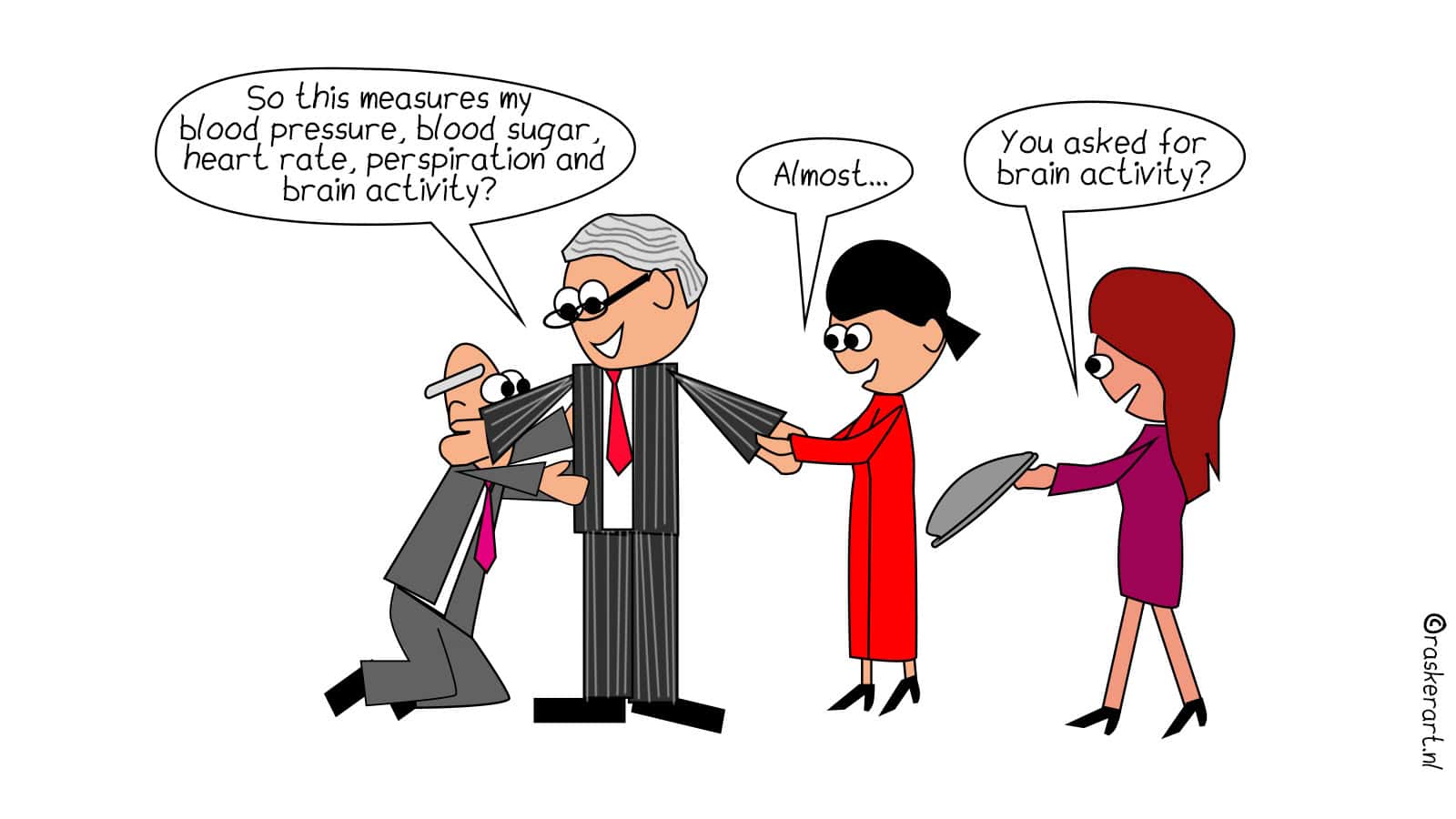
Researchers from the University of Copenhagen (KU, Denmark) and biotechnology company Gubra have developed a new insulin molecule. This molecule improves the regulation of blood sugar levels making it easier and safer for diabetic patients.
According to the Dutch Diabetes Fund, approximately 100,000 people in the Netherlands have type 1 diabetes. With type 1 diabetes, the body does not produce insulin. This has to be supplemented by injecting it or wearing a small insulin pump. Diabetes patients need to regularly check their blood sugar levels and keep an eye on them to see if they need to inject insulin.
The insulin molecule
The researchers at the KU and Gubra state that the new insulin molecule itself makes sure that the patient is given the ideal amount. Professor Knud J. Jensen of KU: “We have taken the first step towards an insulin molecule that can adapt itself to the patient’s blood sugar levels. This method of treatment has great potential for improving the lives of diabetic patients.”
“Whenever a diabetic patient starts to feel unwell, people around them may try to help by giving them insulin. This can be very dangerous at times when the blood sugar levels actually need to rise.”
Standard insulin always works in the same way; it lowers blood sugar levels. Because the new molecule is self-adaptive, the molecule senses if more insulin is needed or not. This makes it less dangerous whenever those around the patient try to help or the patient themselves makes a mistake.
The molecule has a built-in molecular bond that can ‘sense’ how much blood sugar is present. When there are high levels of blood sugar in the blood, the molecule will start reproducing faster. When the blood sugar levels are lower, the molecule will become less active. Jensen: “The molecule constantly releases insulin but adjusts the amount as needed.”
Development
“This development offers type 1 diabetes patients a safer and easier treatment method. They won’t need to inject new insulin as often and won’t have to think about it as much either.” Although this is an important development in the treatment of diabetes, it will probably take several years before this unique molecule reaches the market.
To date, the efficacy of the remedy has only been proven in the lab. The scientists hope to start clinical trials within a few years.
Also interesting:
Diabetes medication effective against chronic heart failure
Treatment of glucagon resistance potentially prevents type 2 diabetes








